TED Talks
How does income affect childhood brain development? | Kimberly Noble
Neuroscientist and pediatrician Kimberly Noble is leading the Baby’s First Years study: the first-ever randomized study of how family income changes children’s cognitive, emotional and brain development. She and a team of economists and policy experts are working together to find out: Can we help kids in poverty simply by giving families more money? “The…
News & Politics
Why US Politics Is Broken — and How To Fix It | Andrew Yang | TED
The electoral system in the United States needs a redesign, says political reformer Andrew Yang. Exposing the flaws of a system built on poor incentives, he proposes a cost-effective overhaul inspired by primary elections already working in places like Alaska and advocates for ranked-choice voting, where voters can choose candidates in order of preference regardless…
Science & Technology
A Climate Solution? The Wisdom Passed Down Through Generations | Louise Mabulo | TED
Louise Mabulo grew up on seemingly strange farming tips from her parents and grandparents — like planting crops during a full moon or burying a rock beneath them. Now a farmer and climate activist herself, she sees how these practical nuggets of wisdom actually have scientific merit. Learn how she’s merging traditional knowledge with modern…
Science & Technology
25 Years after Phantom Menace, Jar Jar Binks Actor Ahmed Best Reflects on the Power of Redemption
What does it look like to be a better human on the internet? Explore this question with host Dylan Marron as he revisits the story of Jar Jar Binks — 25 years after the premiere of Star Wars Episode 1: The Phantom Menace. In this six-part journey through the early internet, he sits down with…
-
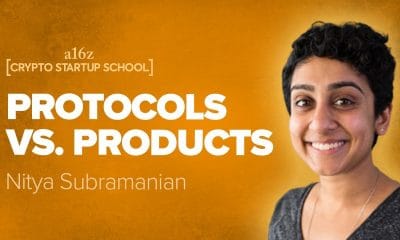
 Science & Technology4 years ago
Science & Technology4 years agoNitya Subramanian: Products and Protocol
-

 Wired5 years ago
Wired5 years agoHow This Guy Became a World Champion Boomerang Thrower | WIRED
-

 CNET4 years ago
CNET4 years agoWays you can help Black Lives Matter movement (links, orgs, and more) 👈🏽
-

 Wired5 years ago
Wired5 years agoNeuroscientist Explains ASMR’s Effects on the Brain & The Body | WIRED
-

 Wired5 years ago
Wired5 years agoWhy It’s Almost Impossible to Solve a Rubik’s Cube in Under 3 Seconds | WIRED
-

 Wired5 years ago
Wired5 years agoFormer FBI Agent Explains How to Read Body Language | Tradecraft | WIRED
-

 People & Blogs2 years ago
People & Blogs2 years agoSleep Expert Answers Questions From Twitter 💤 | Tech Support | WIRED
-

 Wired5 years ago
Wired5 years agoJessica Alba & Gabrielle Union Answer the Web’s Most Searched Questions | WIRED
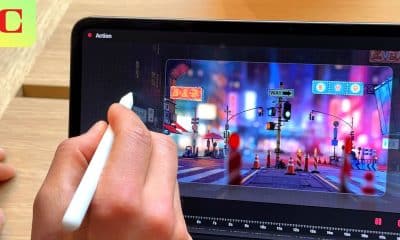











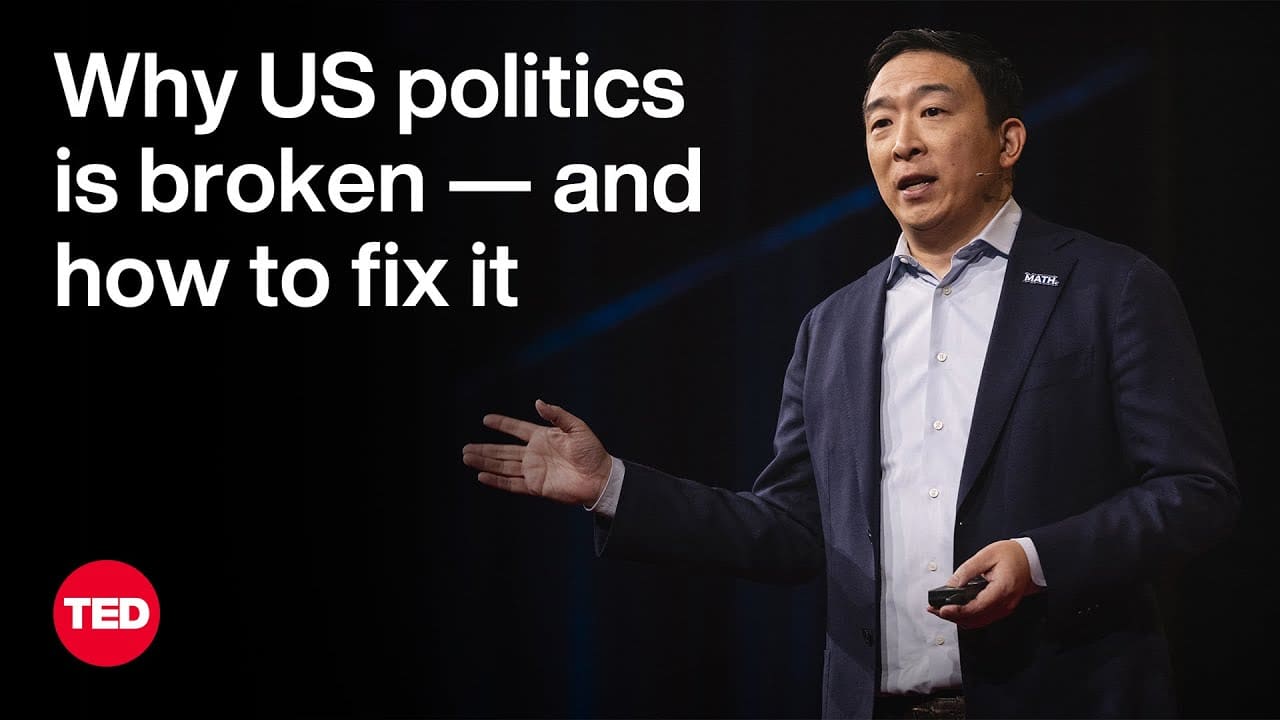
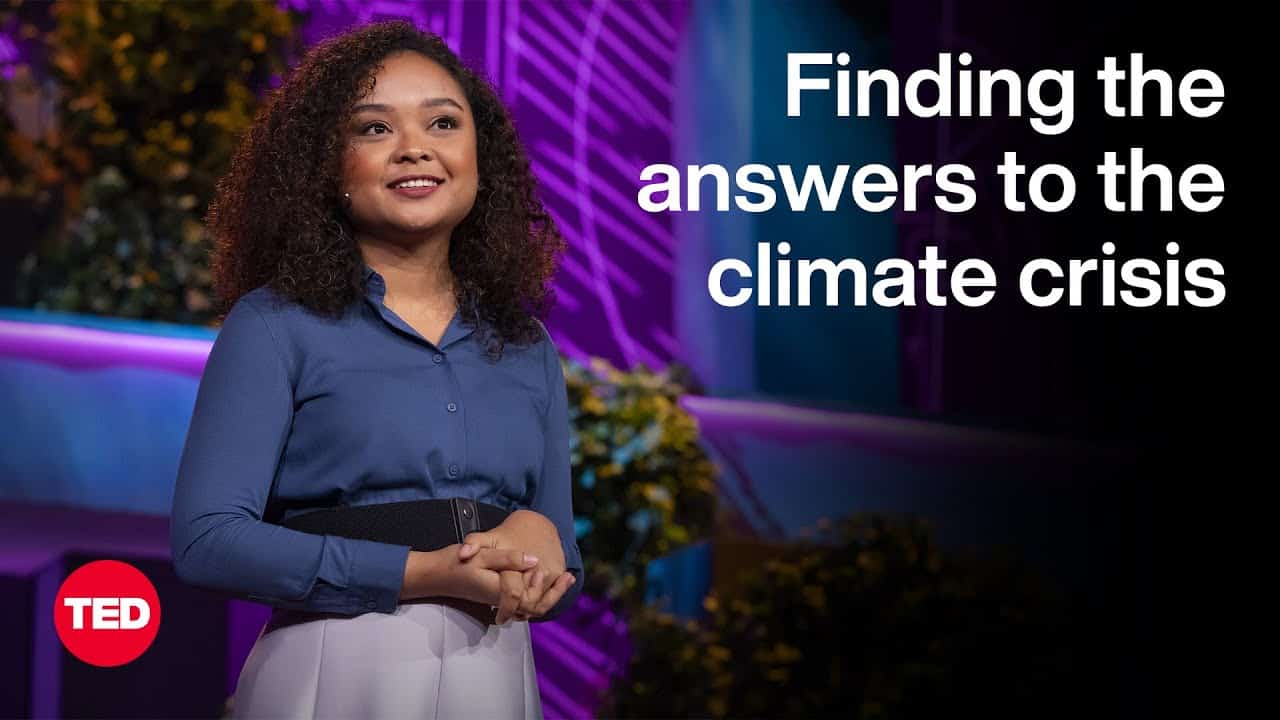
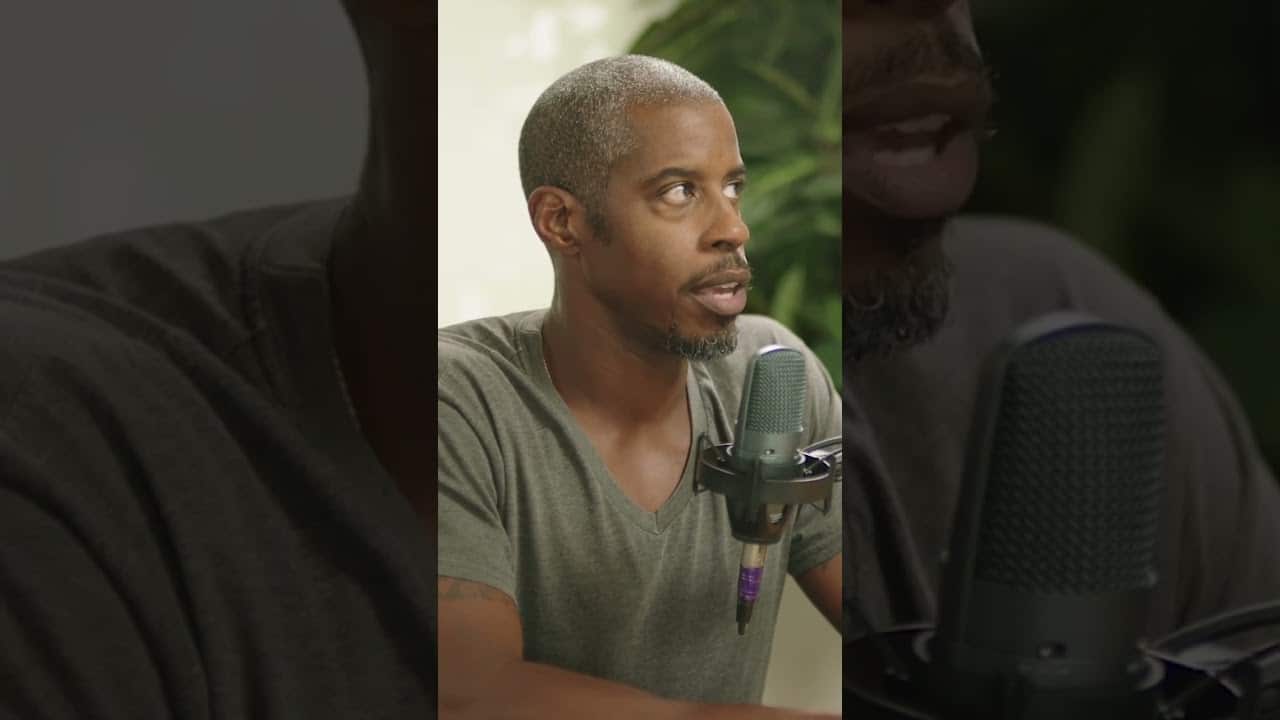


Seasnutz WOWSB
April 19, 2019 at 11:59 am
It’s not the money that makes these kids not as bright, it what they learn(or didnt) from parents. If ur parents have a large vocabulary, you will too. Giving ppl more money wont help their parents learn more words, therefore the kid won’t either.
Andriy Zakharko
April 19, 2019 at 1:22 pm
Correlation does not mean Causality
Jeremiah Bayles
April 19, 2019 at 1:29 pm
Assuming income affects your intelligence is bullshit. Does it affect your potential, damn right it does as a person may or may not have access to resources influenced by income, but does it mean the person is stupid?! It’s called conditioning. Did this speaker even study psychology?
Charlie X
April 19, 2019 at 1:30 pm
As long as there are conservatives: good luck getting that past those heartless bastards in Congress, who believe that if you just make life MORE punishing, things will improve, and we all know how well that’s worked
NietzscheanMan
April 19, 2019 at 6:22 pm
You give them your money you hypocritical loser.
Pierre Cline
April 19, 2019 at 1:48 pm
It’s the children diet…goes hand in hand with family income.
ASHUTOSH SHARMA
April 19, 2019 at 2:01 pm
Going by this research, people in developing nations like India will have the maximum number of Idiots. But we know that this isn’t true & Indians on the contrary, regularly outsmart people from developed nations.
MrThatGuyYouForgot
April 19, 2019 at 9:58 pm
Yeah, your observation based on a stereotype that doesn’t take into account other factors where you didn’t even bother to collect any actual data just destroys well-controlled scientific research. Here’s your Nobel Prize. There’s more things wrong with this argument than I care to count.
mma171
April 19, 2019 at 2:32 pm
Its not money but access to valuable education and educated parents that influences the brain development of children. Try taking the money away from wealthy educated parents and give it to uneducated poor parents and see how their respective children turn out.
Ciara Dean
April 19, 2019 at 2:48 pm
If anyone has any objective critiques to her argument please share them with me in the reply space. I’m curious to know what other people in the STEM field feel she may have left out of the presentation. To begin, correlation does not imply causation. I’d like to see an evaluation that factors of the diets of the participants.
Inga
April 19, 2019 at 2:56 pm
So that’s why I’m so stupid. Makes sense.
RogerWazup007
April 19, 2019 at 3:11 pm
What about the “poor mentality” that people (often rich, conservative people) say is at the root of their poverty?
WallaJen
April 19, 2019 at 3:40 pm
Placing free money into the hands of a poor parent does not mean they will spend it well or in a way that benefits their child/ren. Nice idea in theory but entirely too passive to warrant true, actionable data.
Miles Coverdale
April 19, 2019 at 3:55 pm
Stroll on! Brains are one thing, intellect another. Brains cannot be effected, intellect can, and is being effected by the life-style so called parents are giving to children, with video games, television, every distraction under the sun. Few are into books, into imagination that books feed, imagination that we need to be better people and to form a better society.I, and thousands like me, were born into poverty, abject poverty, not the poverty that the Lefties speak of today, sheer poverty, and yet we had an imagination to get out of it and with taking ourselves in hand thousands of us did so, only the lazy remained where they started out.Poverty makes or breaks you, real poverty, and the value of life and value of commodities, things, money, etc., are more prized. No child knows the poverty of the 50’s, wondering where the next meal will come from, NHS cast off blankest, no central heating, games were played outside, cowboys and Indians, and making go karts, and climbing trees, making sail boats, etc.
4G12
April 19, 2019 at 5:28 pm
Do you really need such a long speech to explain that kids in poverty tend to end up lower IQ because they are more likely to be NEGLECTED?!?
dadt
April 19, 2019 at 5:38 pm
She doesn’t have an answer yet about how exactly poverty influences brain development. She mentions this point near the end of her talk. I will wait for that result.
NietzscheanMan
April 19, 2019 at 6:13 pm
Stupid people tend to be poor and have stupid kids. It’s called genetics and reality.
anthuvan amaladoss
April 19, 2019 at 6:16 pm
I believe, Education can change the stupidity and poor
NietzscheanMan
April 19, 2019 at 6:21 pm
+anthuvan amaladoss your belief would be incorrect. Iq is largely genetic.
Kongolox
April 19, 2019 at 8:15 pm
Correlation does not mean causation..
Alexandra Almanzar
April 19, 2019 at 8:27 pm
How do I sign up for this study? I just had a babe!
Hank Jones
April 19, 2019 at 8:55 pm
Vaxanations started in the first grade and then came mumps,measels and chicken pox.
milena moura
April 20, 2019 at 12:05 am
I study physiology and definitely social experiences change our brain, but what if money and most important education for the children and mothers were offered? Putting these children in better schools so they can have better support and opportunities to develop their cognitive and emotional intelligence. Congratulations on the study, hopefully, we will have more answers soon
Jacob H
April 20, 2019 at 1:18 am
Hmm, let’s just hand out money. Sounds like welfare on steroids
Stephen V
April 20, 2019 at 8:06 am
If only we can boost those parents income maybe with tax returns based on their children’s grades hopefully it can motivate parents to watch,teach,motivate, and push their children. if your mom or dad makes u study or practice u have no choice and please start drug testing those that receive benefits someone please I beg of u twiekers crackheads and heroin addicts sell the food stamps at half price damn idiots and keep drug dealers afloat please like and improve on the idea or maybe I’m just an idiot thank u
Yazeed Mohi
April 20, 2019 at 11:29 am
Well, for me at least this is not the case. I grew up in a poor family and yet I did not just give up and give myself excuses, instead I decided that my life is a ship of my own and am the one who decides how to sail it. Though, it’s a matter of faith and confidence in ones self and goals, that’s why the majority of children with poor families tend to fail, they tend to think they are lower than the others and they usually live in less sophisticated communities. Am telling you, money alone can’t solve this!
mrnt1257
April 20, 2019 at 1:18 pm
I understand not restricting how the money given to the mothers is spent. I also think it would be productive to the study to find out how it was spent.
Jurij Fedorov
April 20, 2019 at 6:11 pm
These are by far my least favorite study talks. It’s about nothing more than her assumptions about life and her moral values. It has very little to do with science. It’s always the same thing “I’m doing a study and I expect to find this groundbreaking result that these other 1 milion studies have not found.”
So instead of letting science change her own mind she is using science to prove her own personal biases. And she will achieve her goal if she just manipulates enough results.